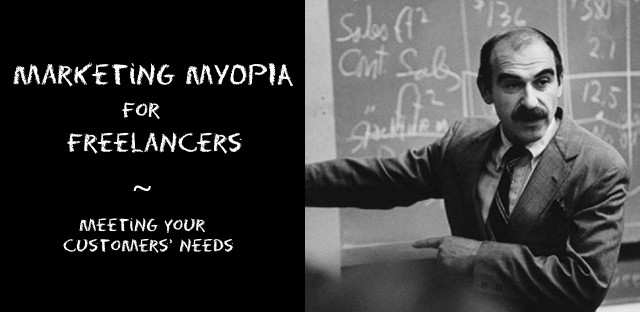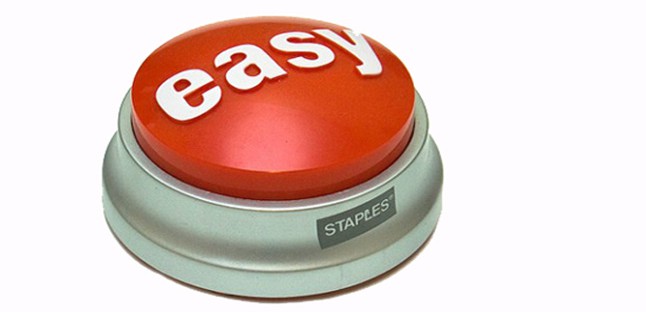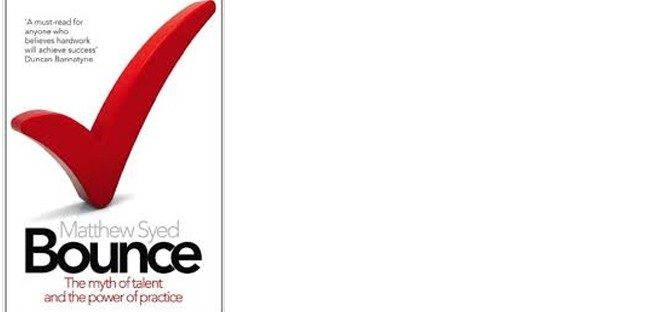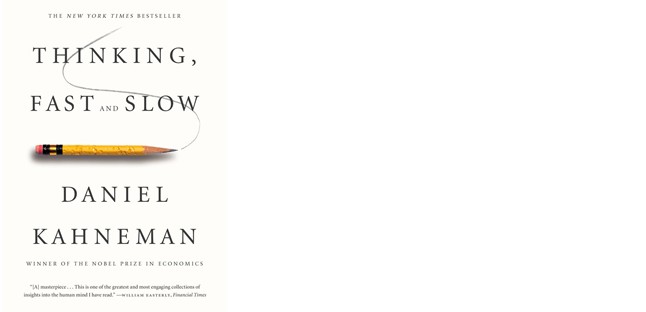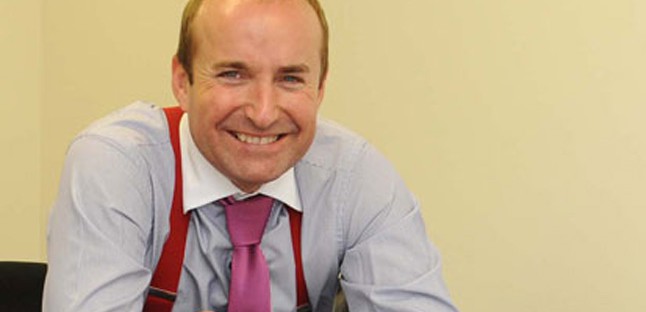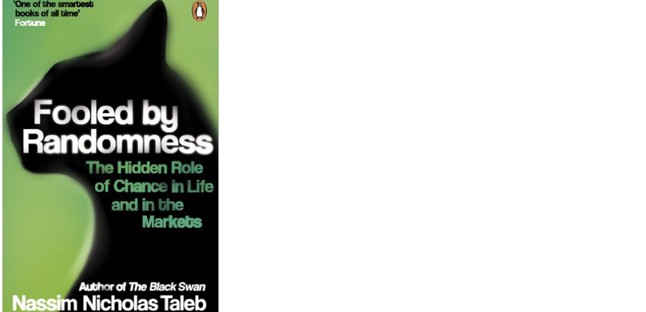Back to all posts
Latest posts
A masterclass in creating value
What’s going on at parkrun?
Virtue-signalling all the way to the bank
Bud Light: brand purpose or virtue-signalling?
The Coddling of the American Mind, by Greg Lukianoff and Jonathan Haidt
Belonging, by Owen Eastwood
Such a simple thing
The Long Win, and The Scout Mindset
The Cult of We by Eliot Brown and Maureen Farrell
Coffee and covid modelling
By theme
Marketing strategy
Insight & metrics
Innovation & inspiration
Brand & positioning
Marketing communications
Business purpose
Leadership
By industry sector
Financial services
Retail
FMCG
Technology & start-ups
Consumer services
Business to business
Other sectors
By type
Books
Comment
Quotes
Thought leadership
“People don’t want quarter-inch drills. They want quarter-inch holes.”
Theodore Levitt, legendary marketing professor and writer Read More
Have you, as a customer, ever had it patiently explained to you by a sales or service person that “it doesn?t work like that”? Don’t you just hate that! To paraphrase Steve Jobs, it’s not the customer’s job to know how it works. On the contrary, it’s the marketer’s job to know how the customer thinks and acts and wants it to be. All the same, it is possible to create customer behaviour that is efficient and smart for your business. Read More
Jeanette Winterson wrote in her autobiography that her mother despaired of her, saying, “Why be happy when you could be normal?” Mrs Winterson saw conformity as a virtue. In her worldview, Jeanette’s job was to fit in rather than be fulfilled by being herself. Jeanette couldn’t help it though – she wasn’t trying to be different, she was different from the sort of girl her mother expected her to be. Accepting the status quo wasn’t an option for her. Read More
Syed wanted to know why his neighbourhood in Reading produced so many top table tennis players. The clue is in the book’s subtitle, “the myth of talent and the power of practice”, and you probably feel you know what’s in it – yeah, yeah, the 10,000 hours it takes to be a virtuoso musician or a world class tennis player. But that’s just one chapter. If you’re a parent you have to know why praising effort is so much more important than praising achievement (and read about the Polgar sisters, Read More
You get a concept a chapter in this packed book, which covers two broad areas: how the human brain/ mind makes judgements, and how we make choices (aka behavioural economics). Fast thinking is when our automated processor steps in, which is the default because slow thinking – that’s to say, really thinking – is effortful. Trouble is, we mostly aren’t aware which thinking mode we are using, nor of the errors the fast thinking mode can make. Read More
It’s easy to take a swipe at banks, and tempting to think it was all about the good old days, when the bank manager knew his (mostly, his) customers personally. Dave Fishwick of Burnley Savings and Loans seems to think so. Frustrated at seeing loan applications from apparently credit-worthy local businesses refused by faceless administrators, or even computers, located far away from honest Burnley – probably in the wicked South – he set up his own bank, Read More
Banks, eh? Easy to knock them, but what can we learn from their travails? Well, they illustrate perfectly how a. incentives drive behaviour, and b. delighting shareholders is unlikely to be a winning strategy in the long term. John Kay’s book Obliquity explores the principle that complex goals are best achieved indirectly, with examples of companies which achieved sustainable profitability by focusing not on their profit goals but on what their customers needed from them. Read More
Every business needs an effective customer dashboard, which should measure how the business is delivering on its promise to customers (or consumers), and not how well the marketing department is spending its marketing budget (see Dashboard schmashboard). Every function is responsible for managing and spending its budget wisely. Marketing communications budgets may be subject to board scrutiny from time to time, just like other large budgets, but that’s nothing to do with the customer experience. Read More
Customer dashboards are popular now – everyone’s talking about them, and feeling great about using them to “bring the customer into the board room”. Your average customer dashboard is usually a table of measures, sometimes as many as twenty or thirty, that come directly or indirectly from your customers or consumers. These can be simple things like market share or retention measured by the business or third parties, along with data from custom research like customer satisfaction or net promoter scores, Read More
Fooled by randomness, by Nassim Nicholas Taleb
It’s a cliché to say a book changes how you think about things, or how you see the world, but this one does. Taleb, a Lebanese trader working in the New York financial market, is original, iconoclastic and entertaining. It made me question what I read and hear in the media, and how people report events and achievements. The central idea is that we look for causality and frequently infer it where it does not exist. Read More
Back to all posts
Latest posts
A masterclass in creating value
What’s going on at parkrun?
Virtue-signalling all the way to the bank
Bud Light: brand purpose or virtue-signalling?
The Coddling of the American Mind, by Greg Lukianoff and Jonathan Haidt
Belonging, by Owen Eastwood
Such a simple thing
The Long Win, and The Scout Mindset
The Cult of We by Eliot Brown and Maureen Farrell
Coffee and covid modelling
By theme
Marketing strategy
Insight & metrics
Innovation & inspiration
Brand & positioning
Marketing communications
Business purpose
Leadership
By industry sector
Financial services
Retail
FMCG
Technology & start-ups
Consumer services
Business to business
Other sectors
By type
Books
Comment
Quotes
Thought leadership
